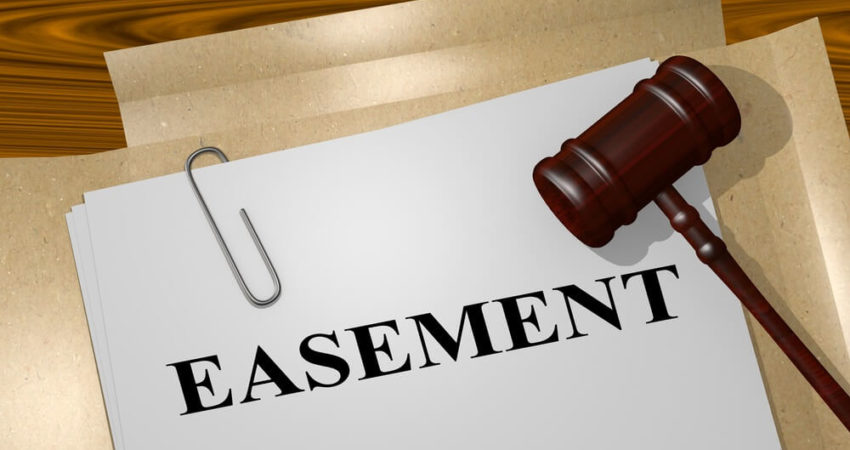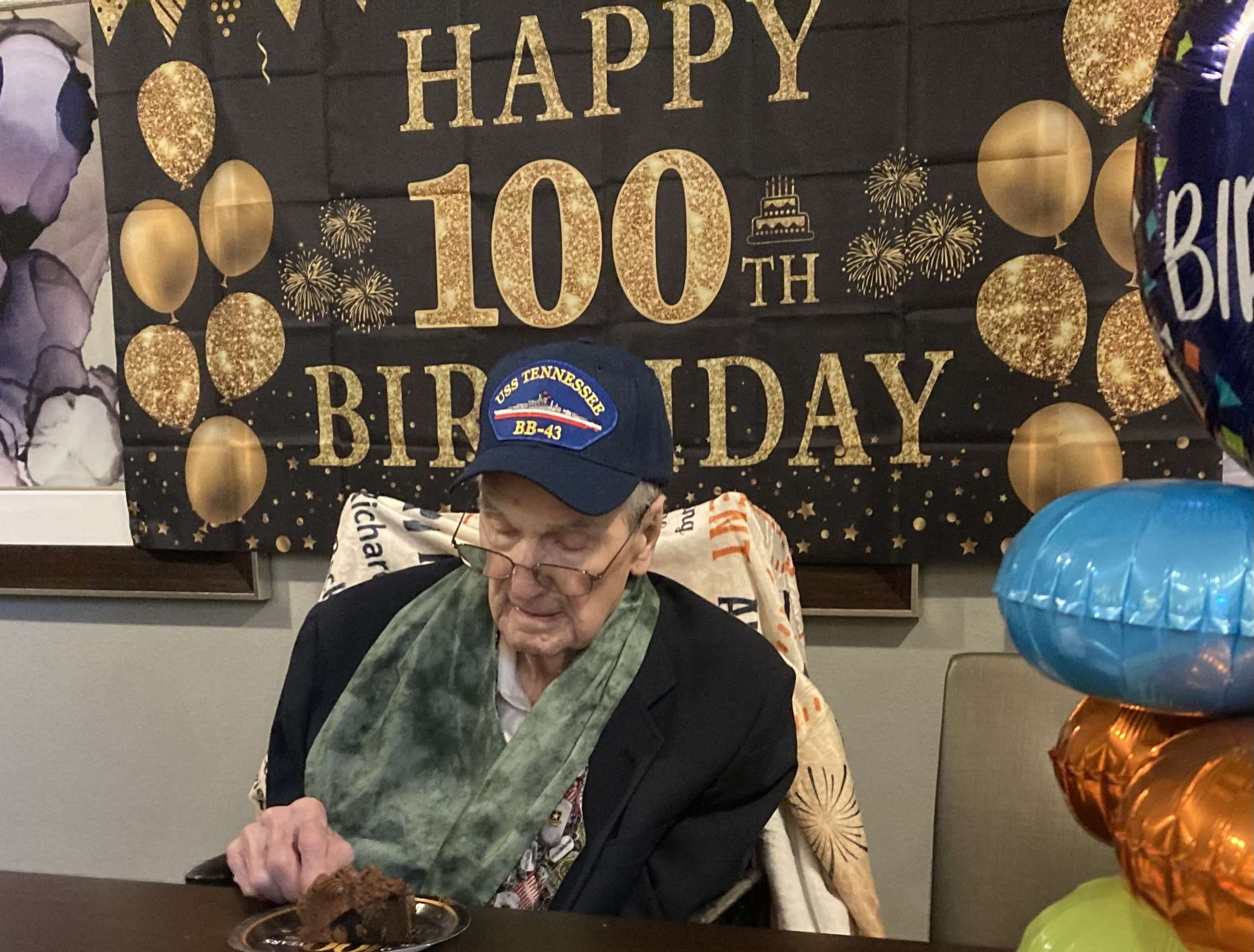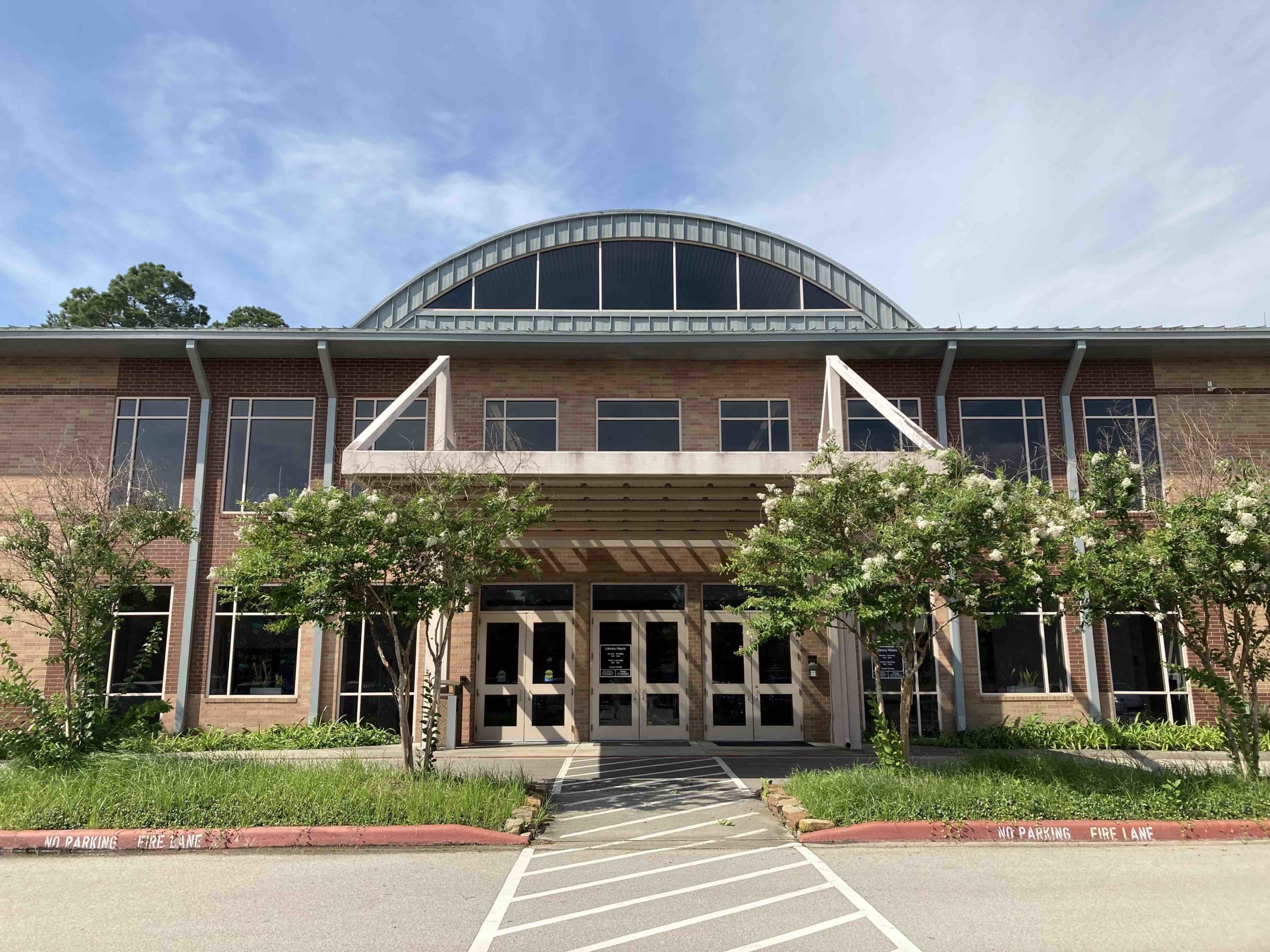On November 17, 2022, Texas’ Ninth Court of Appeals issued a judgment largely in favor of Oak Haven Apartment Homes in its dispute with Shenandoah and the owner and builder of the adjacent Aloft hotel – Odom Texas Development, LLC and LNG Builders, LLC. The 44-page memorandum opinion partially vacates, reverses and remands the judgment of the 284th District Court of Montgomery County which had ruled in favor of the City, Odom and LNG.
Four years ago, Oak Haven initiated legal action for trespass against Aloft’s owner and builder in an attempt to stop the construction of a drainage line from the hotel, across Oak Haven’s property, to a detention pond. The hotel parties argued it was not trespass because the drainage line was being constructed in accordance with Shenandoah’s directives and permit.
Ten days after Oak Haven filed suit, Shenandoah intervened in the case and supported the hotel’s’ position. The City argued it was a necessary party because it owned the easement (recorded in a 2000 plat) and therefore had an “absolute right” to allow construction within the easement. The City claimed the plat created two new easements – a utility easement and a public utility easement. Oak Haven argued the plat did not create a new easement but merely recognized a prior, existing easement from 1984.
For the next two years, the parties submitted multiple filings with the trial court, including claims to quiet title, obtain declaratory relief, injunctive relief, tortious interference with contract and for sovereign immunity. Details of that history are outlined in the appellate opinion. Finally in November 2020, the district court granted summary judgment in favor of Shenandoah, Odom and LNG. Oak Haven appealed.
The appellate court determined that the primary questions on appeal were: 1) whether the plat conveyed an 80-foot easement by dedication to the City or whether the plat simply marked a prior easement, and 2) if it did convey a new easement, whether the scope of the easement across Oak Haven’s property allowed the City to then convey to private parties the right to use the easement to build a drainage line in the easement (page 22).
The appellate court did not answer the first question and instead remanded that issue to the trial court, noting there is a genuine issue of material fact. But on the second question, the court concluded that neither Odom nor LNG are “public utilities” and that the drainage line they constructed on Oak Haven’s property pursuant to the City’s direction was not for use as a public utility pipeline. The court concluded as a matter of law that the hotel’s drainage line through the easement was not authorized by the plat (page 32).
The court also rejected the hotel’s argument that by following the City’s requirement it was entitled to derivative sovereign immunity. The court noted that the City permit does not transform private entities into governmental contractors (pages 35-37).
On December 1, the court granted Odom, LNG and Shenandoah an extension of time (until December 9) to file their motion for rehearing. Further developments will be reported as they are available.





City Files Motion for Rehearing with Appeals Court -
December 18, 2022[…] The Sentinel will report further developments in this case as they occur. Additional background of this story is here. […]